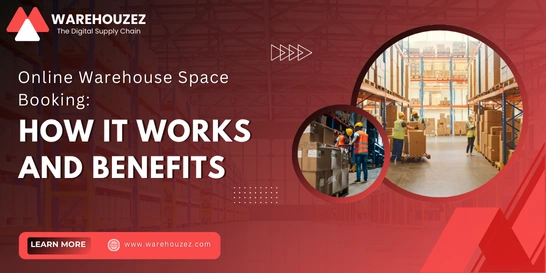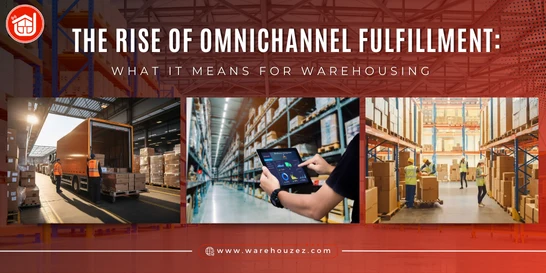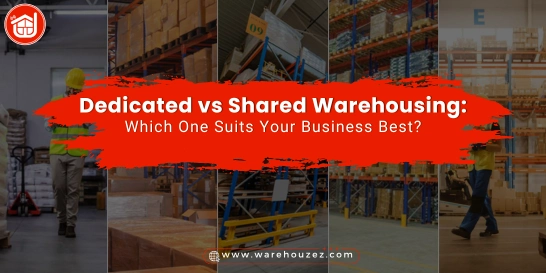The Essential Supply Models That Attach Primacy to Care for the Businesses and Poor Inclusively
The Essential Supply Models That Attach Primacy to Care for the Businesses and Poor Inclusively
The Covid-19 war may run into several months, if not more. To keep going and avoid a scarcity of essential goods and services, the country needs to keep its logistics sector, especially trucking and warehousing, going. Here is a handpicked collection of our deep dives into the logistics sector. 1. Bright spot in the sky: Amid turbulence, cargo.
Can it bounce back? E-commerce will decide. Following the viral outbreak, sectors that were already reeling from a slowdown, have deferred plans to invest in warehousing. E-commerce and retail have provided some relief, but the warehousing industry is expected to remain subdued for a couple of quarters. What are the chances of it bouncing back when the situation becomes normal?
Getting Down to Business
The indirect impact of COVID-19 will be as brutal as the lives the pandemic itself might claim. One of the starker changes, already in plain view, is that millions of small establishments will be out of business, among them perhaps your favourite restaurant, the salon next door, the local tailor, the roadside juicewala, businesses that were an integral part of your everyday existence but don’t have the economic staying power to outlast this storm.
MSMEs (micro, small and medium enterprises) are the lifeblood of the Indian economy, employing about 120 million, contributing 33.4 per cent of India’s manufacturing output and making up 45 per cent of India’s exports. Even so, they are also among the most vulnerable, relying heavily on day-to-day business to stay afloat and more exposed to the vagaries of demand than their larger counterparts. It goes unsaid that they have minimal reserves to dip into in times of trouble.
S. Jayaprasad, 49, downed the shutters of his small Mumbai-based firm on March 19, when the government ordered all private businesses closed. His firm, Michael Gunnis, exports metal parts to construction outfits in west Asia. He says the shutdown left him unable to execute orders that were to be shipped by March-end: “We are worried about our clients, and are unsure if they will continue with us after the lockdown.” He says that firms like his need immediate support in deferring fixed costs like electricity. Although he has a small team of four, he also worries about paying wages: “Over time, even [sustaining] that becomes painful, salaries form 40 per cent of our overall cost.”



